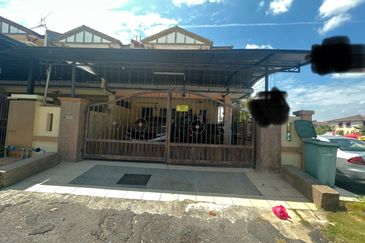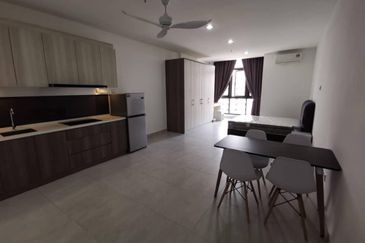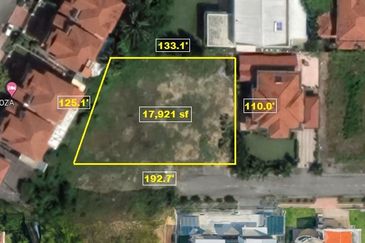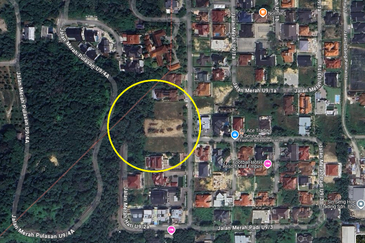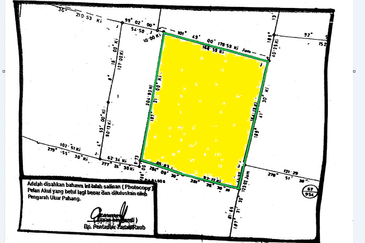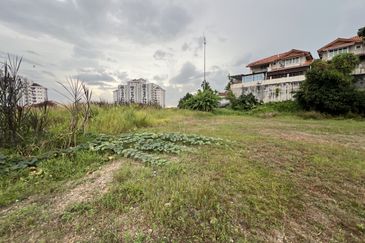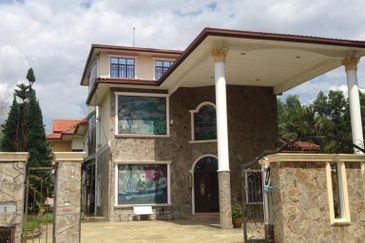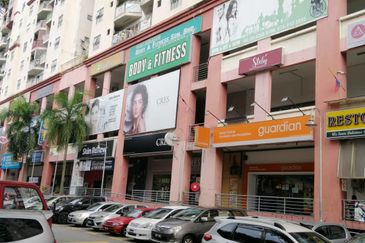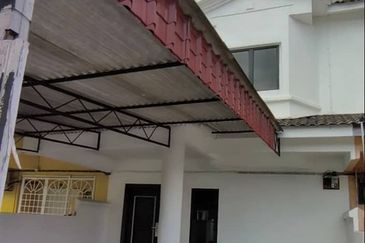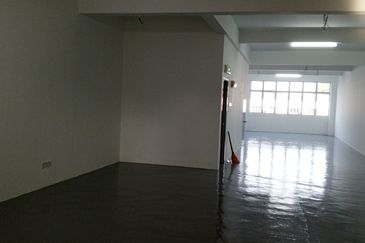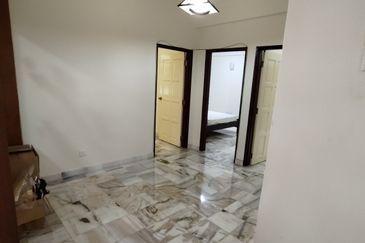KUALA LUMPUR (Nov 22): Fitch Solutions Country Risk & Industry Research said Malaysia's Covid-19 recovery will extend into 2022.
In a report last Friday (Nov 19), Fitch Solutions said retail sales in Malaysia had yet to reach pre-Covid-19 levels in 2021, owing to the significant impact that Covid-19 had on the capacity of retail operations, as well as disposable incomes of households.
It said while top-line retail sales were still below pre-Covid-19 levels, some categories were outperforming.
Additionally, it said there is evidence that Covid-19 had accelerated the formalisation of the retail market in Malaysia.
Fitch Solutions said data from September 2021 enabled it to review the dramatic consumer spending shifts over the last 19 months since Malaysia first implemented lockdowns and movement restrictions in response to the Covid-19 pandemic in March 2020.
It said this period had had both an economic and a psychological impact on Malaysian consumers, affecting the way they spend their disposable incomes.
“Using high-frequency data, we analysed how these purchasing dynamics changed and how they persisted into 2021.
“Retail sales in Malaysia have been severely impacted by the Covid-19 pandemic and its resultant restrictions.
“Over 2021, retail sales grew 4.3%, but this was overstated by the low-base effect created in 2020 after retail sales contracted by 5.3%,” it said.
Fitch Solutions said the high-frequency data suggests that retail sales in Malaysia had still not recovered to pre-Covid-19 levels.
Malaysian authorities have continued to implement stringent restrictions over 2021, largely in sync with rising Covid-19 cases.
“Higher vaccination rates are needed for these two to be decoupled and allow for a broader recovery in retail sales from 2022 onwards,” it said.
Supermarkets, hypermarkets and department stores
Fitch Solutions said the non-specialised retail category includes sales at convenience stores, supermarkets, department stores and hypermarkets (and other similar stores).
It said most of these formats were permitted to operate during even the strictest of Covid-19 related restrictions and so, sales performance was positive, albeit not as good as specialised food, drink and tobacco stores. Over 2020 (January to September), retail sales through this avenue grew 1.8% year-on-year (y-o-y).
“Growth over 2021, at just 0.6% y-o-y, was more stagnant, but still at a much higher level than that of 2019, the pre-Covid-19 environment.
“Comparing 2021 sales to that of 2019, retail sales through this channel were 2.4% higher that pre-Covid-19 levels,” it said.
Fitch Solutions said comparing retail sales through the specialised (predominantly informal) and non-specialised (more formalised) channels highlighted how Covid-19 had impacted consumer spending.
“In 2019, non-specialised stores accounted for 38% of total retail sales.
“Despite both these formats allowed to operate during Covid-19 restrictions, albeit within the essential categories, non-specialised stores increased their share to 41% of retail sales for the same period over 2020.
“While coming down slightly, non-specialised stores accounted for 40% in 2021, suggesting that consumer spending is shifting towards this avenue,” it said.
Get the latest news @ www.EdgeProp.my
Subscribe to our Telegram channel for the latest stories and updates
TOP PICKS BY EDGEPROP

Pearl Villa Townhouse
Bandar Saujana Putra, Selangor
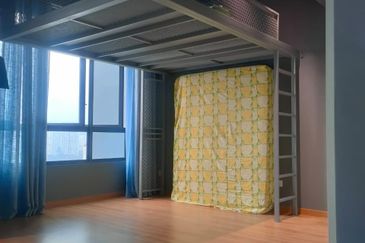
East Parc @ Menjalara
Bandar Menjalara, Kuala Lumpur

Rawang Corporate Industrial Park
Rawang, Selangor
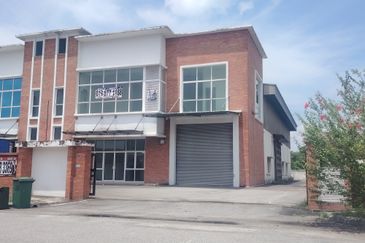
Rawang Corporate Industrial Park
Rawang, Selangor
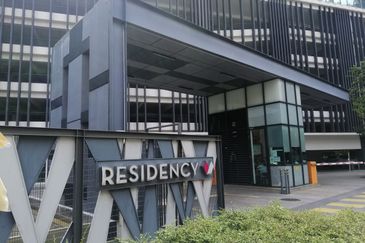
Residency V
Jalan Klang Lama (Old Klang Road), Kuala Lumpur



